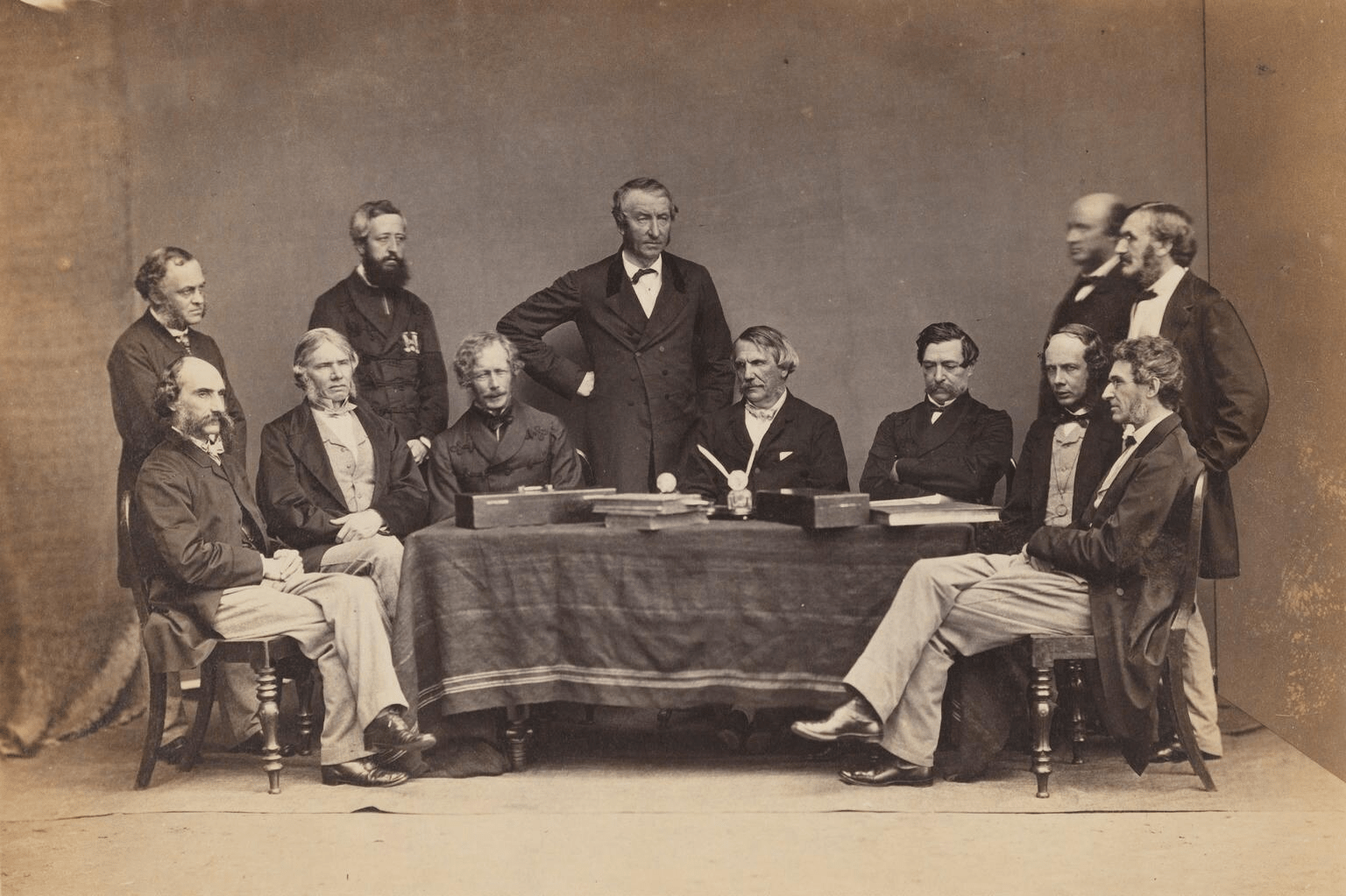Minto-Morley Reforms or Indian Councils Act of 1909: A Step Towards Constitutional Change
History Indian HistoryPosted by NewAdmin on 2025-02-03 09:21:30 |
Share: Facebook | Twitter | Whatsapp | Linkedin Visits: 24

The Indian Councils Act of 1909, commonly known as the Minto-Morley Reforms, was passed by the British Parliament to introduce limited constitutional reforms in British India. Named after the then Viceroy Lord Minto and the Secretary of State for India, John Morley, the act aimed to appease Indian political demands while maintaining British control over governance. The reforms were a response to growing nationalist pressure from both moderate leaders of the Indian National Congress and the more radical Extremists, as well as increasing Muslim political consciousness, which led to the formation of the All-India Muslim League in 1906.
One of the most significant provisions of the 1909 Act was the introduction of separate electorates for Muslims, meaning that Muslim voters could elect their own representatives to legislative councils. This provision was intended to safeguard Muslim political interests and was seen as a way to divide Hindu-Muslim unity, a tactic often used by the British under their "divide and rule" policy. While the Muslim League welcomed this provision, it was strongly opposed by the Congress and nationalist leaders, who saw it as an attempt to weaken the freedom movement.
The Act also expanded the size of legislative councils at both the central and provincial levels. The number of members in the Imperial Legislative Council was increased from 16 to 60, and the strength of provincial councils was also raised. Additionally, for the first time, Indians were allowed to become members of the Executive Council of the Viceroy, with Satyendra Prasad Sinha being the first Indian to hold such a position.
Despite these changes, the Act retained British dominance over Indian governance. The elected members had no real power, as the British Viceroy and Governors retained absolute authority over legislation and administration. Indian representatives could raise questions and debate policies, but they lacked any real legislative control. This frustrated Indian nationalists, who saw the reforms as a mere symbolic gesture rather than a step toward self-governance.
The Minto-Morley Reforms marked a turning point in Indian politics by officially recognizing communal representation, which later played a significant role in the demand for Pakistan. While the Act of 1909 failed to satisfy nationalist aspirations, it set the stage for further constitutional developments, ultimately leading to the Government of India Act of 1919 and the eventual push for full independence.
Search
Categories
Recent News
- Social Security Scheme Benefits Reach Thousands in Madurai
- Gates vs. Epstein: The Battle of Billionaires Amid Scandalous Allegations
- Telugu Star Fights AI Pornography: A Battle for Privacy and Dignity
- Elderly Woman's Expensive Pigeon Feeding Habit
- Reviving a Democratic Tradition: India's Election Chiefs Convene
- Medical Student's Tragic Death Shocks Nellore College
- Tamil Nadu's Welfare Drive: Empowering Citizens, One Camp at a Time
- Telangana's T-Safe App: Revolutionizing Women's Safety
Popular News
- Navigating IPO Market Dynamics Amid Volatility and Regulatory Changes
- Massive Worldwide Microsoft Outage Disrupts Multiple Sectors
- Panjapur Bus Stand to Reshape TNSTC Routes
- తెలుగుదేశం పార్టీ - పేదరికాన్ని నిర్మూలించడంలో వాగ్దానం
- Universities Embrace Remote Learning Technologies Amidst Ongoing Pandemic